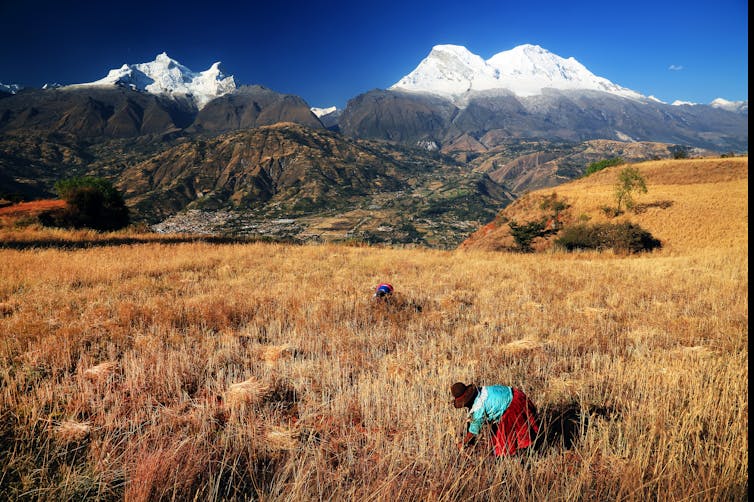
Shutterstock.
Susan Conlon, University of Bristol and Kevin Lane, Universidad de Buenos Aires
Water is essential for human life, but in many parts of the world water supplies are under threat from more extreme, less predictable weather conditions due to climate change. Nowhere is this clearer than in the Peruvian Andes, where rising temperatures and receding glaciers forewarn of imminent water scarcity for the communities that live there. Continue reading

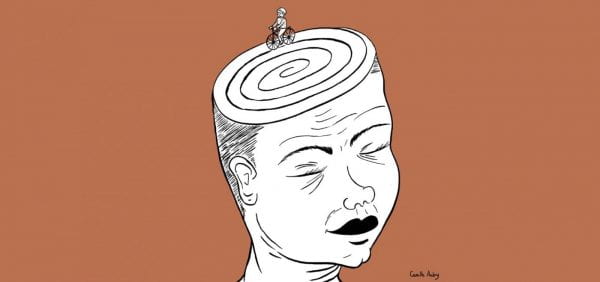
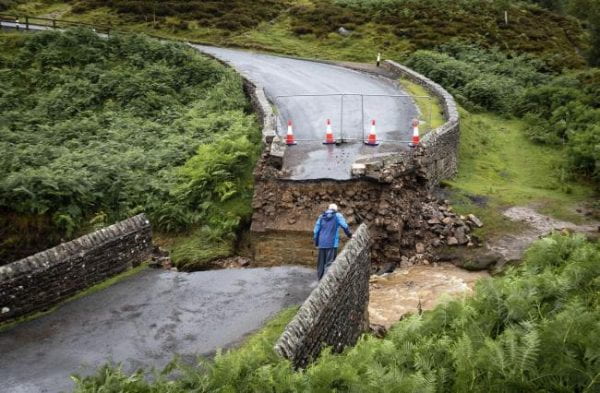 The damaged bridge near Grinton. July 2019 Picture: Danny Lawson/ PA
The damaged bridge near Grinton. July 2019 Picture: Danny Lawson/ PA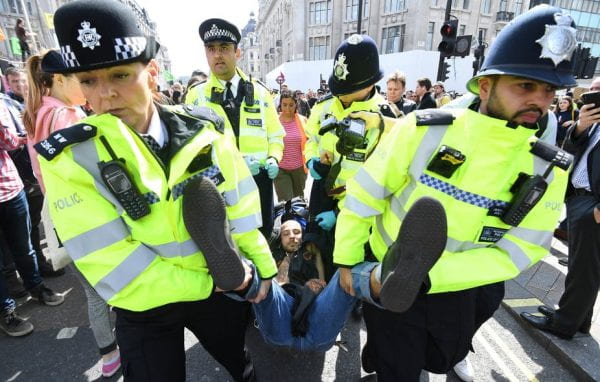

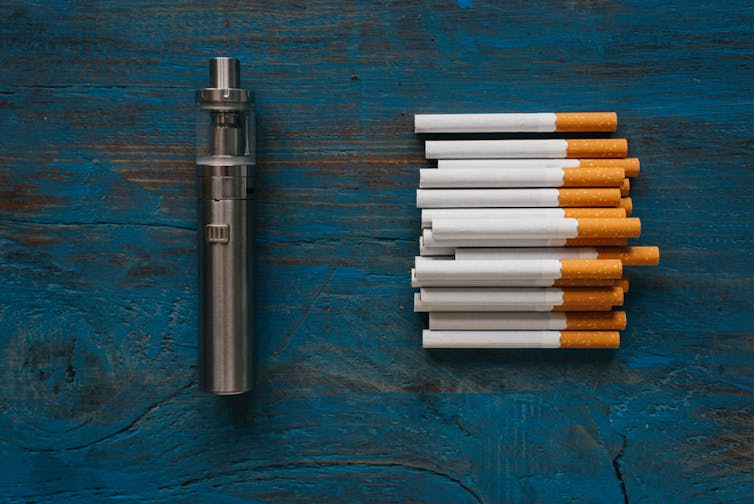
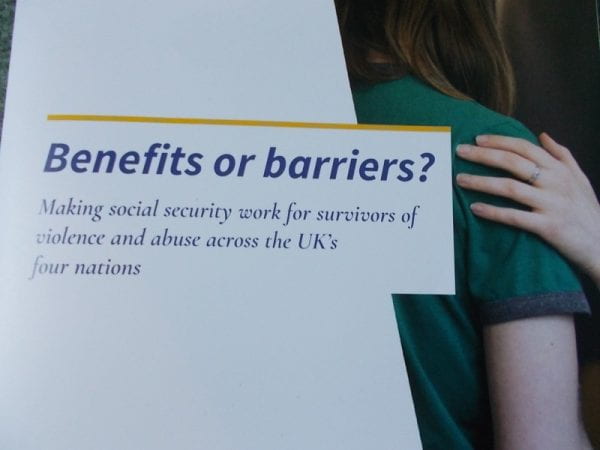

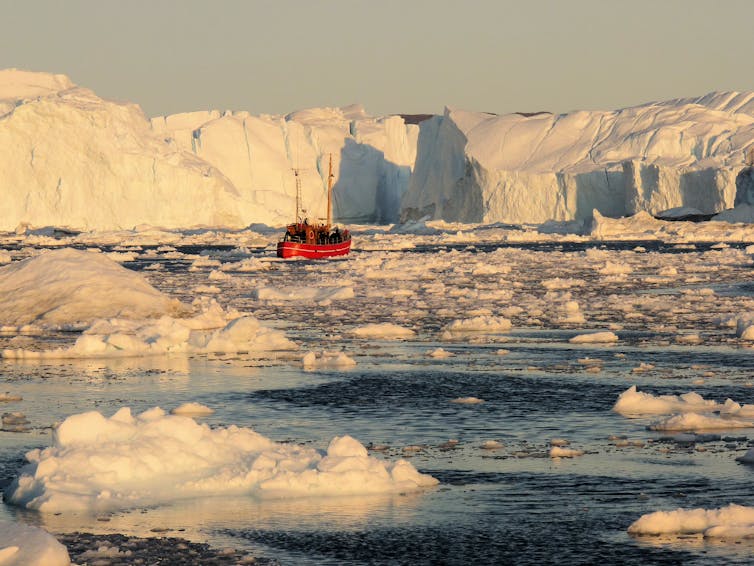
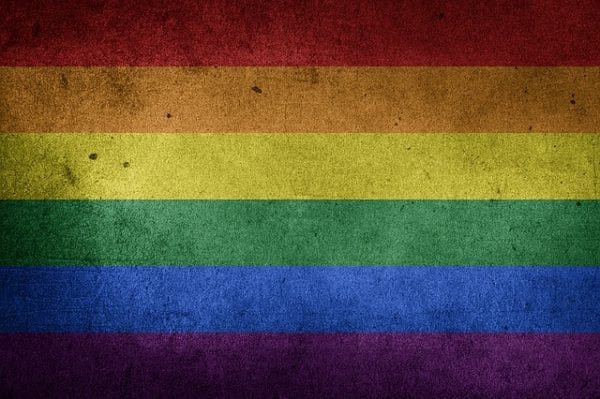 Introducing a new learning resource for creating inclusive care home environments for older LGBT+ residents.
Introducing a new learning resource for creating inclusive care home environments for older LGBT+ residents.